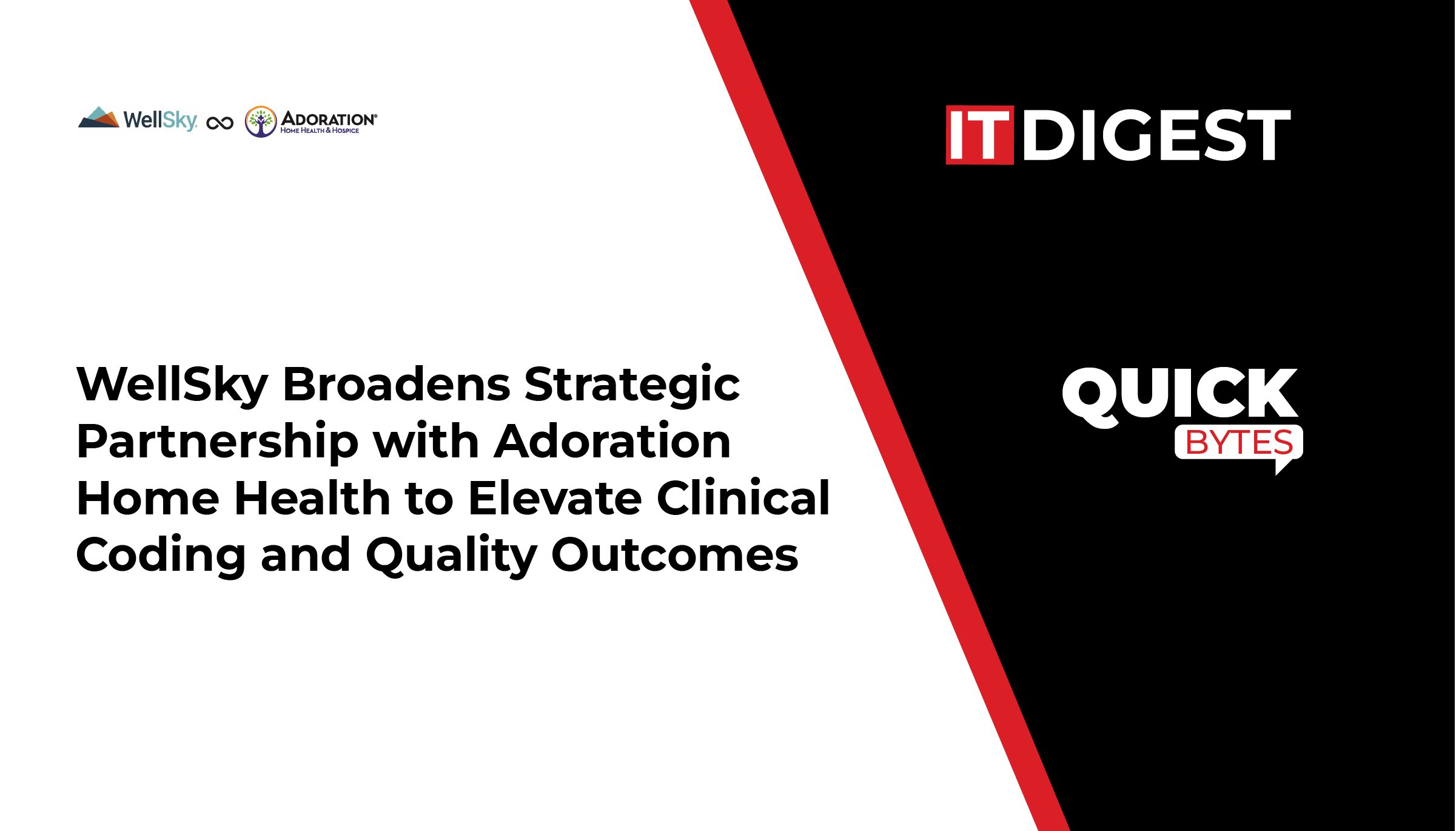Immuta announced the findings of its third annual State of Data Engineering Survey, which highlights the top data engineering challenges and blind spots as organizations strive to become more data-driven. The findings show the tangible impacts of these challenges, including the fact that 89% of organizations report missing business opportunities because of data access bottlenecks.
The 2023 State of Data Engineering Survey, commissioned by Immuta and conducted by global technology market research firm Vanson Bourne, surveyed 600 data practitioners across the U.S. and EMEA, representing a variety of public and private sector companies.
Also Read: Alteryx Ventures Announces Strategic Investment in MANTA
The need for organizations to be data-driven is more critical than ever in today’s business environment. However, the 2023 State of Data Engineering Survey found that this isn’t yet a reality, as organizations reported only using an average of 58% of their data in decision making. The report suggests that data security and access challenges are largely to blame, with most data professionals reporting a lack of visibility into data access controls and how they correlate with data security – 90% admit they could improve their understanding of the association between the two.
More than half (54%) of the respondents also reported that securing data with appropriate access rights is one of their biggest hurdles. While almost 60% believe their organizations should be placing extra emphasis on data security, only 39% consider data access to be part of data security. This alarming disconnect between security and access negatively impacts data engineers’ daily lives, with 40% claiming that managing data access makes them feel burnt out.
“As data moves from on-premises to the cloud, this clear disconnect between data security and access not only hurts organizations’ data-driven initiatives and business outcomes, but also increases their risk of data leaks and breaches,” said Matthew Carroll, CEO of Immuta. “To better support data teams when it comes to bridging these disconnects, CISOs need to step in and become more of an enabler of the modern data stack. This will require security and data leaders to work more closely with their teams to prioritize balancing security and access effectively.”
SOURCE: Businesswire
































